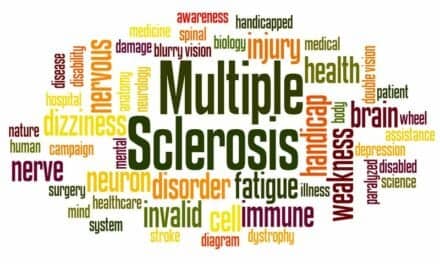A review of studies examining head injuries in mixed martial arts (MMA) fighting, conducted by St Michael’s Hospital, provides inconclusive results, according to the researchers.
The rate and potential risk of traumatic brain injury in mixed martial arts remain unknown due to lack of regulation and protocols surrounding the injuries, according to the study, published recently in Trauma.
The researchers reviewed 18 studies involving 7,587 patients, examining head injuries in MMA fighting published between 1990 and 2016.
According to the research team, the lack of a consistent definition of head injury, concussion, or traumatic brain injury, or a consistent protocol for how these injuries are reported and medical clearance is given for the fighters to return to play, made it impossible to determine the frequency and severity of these injuries in MMA fighting, notes a media release from St Michael’s Hospital.
In addition, the studies were primarily observational and used inconsistent reporting methods, and no information regarding long-term follow-up of the injured fighters was available. This made it impossible to define potential risk factors.
“Over the past 25 years, MMA has grown into a mainstream sport and a multibillion-dollar industry, but despite its popularity, there is still a lack of understanding of how often head injuries are happening, how severe the injuries are, and the long-term health outcomes of the athletes,” says Dr Joel Lockwood, an emergency physician at St. Michael’s and lead author of the study, in the release.
The review also suggested that a significant number of fights ended due to repeated strikes to the head, leaving the losing participant partially or completely unresponsive, according to the authors.
The lack of high-quality data makes it difficult to compare the incidence or severity of head injuries sustained in MMA to other contact sports, the authors continue, in the release.
“There has been a lot of reporting on the long-term effects of concussions sustained in contact sports, including hockey and football, including chronic traumatic encephalopathy, or CTE,” Lockwood adds.
“Participation in MMA fighting is likely associated with repetitive head injuries with potential negative long-term neurological consequences, and the lack of regulation regarding head injuries in the sport leads to a subsequent lack of data available to study these injuries.”
“Currently, there is little known regarding the incidence, risk factors or possible long-term neurological effects of head injuries sustained in MMA fighting, and only low-quality observational research has been done on this topic,” he concludes, in the release.
“This is unlikely to change without increased medical oversight and regulation, including accurate and consistent head injury assessment and diagnosis by trained medical professionals.”
[Source(s): St Michael’s Hospital, Science Daily]





